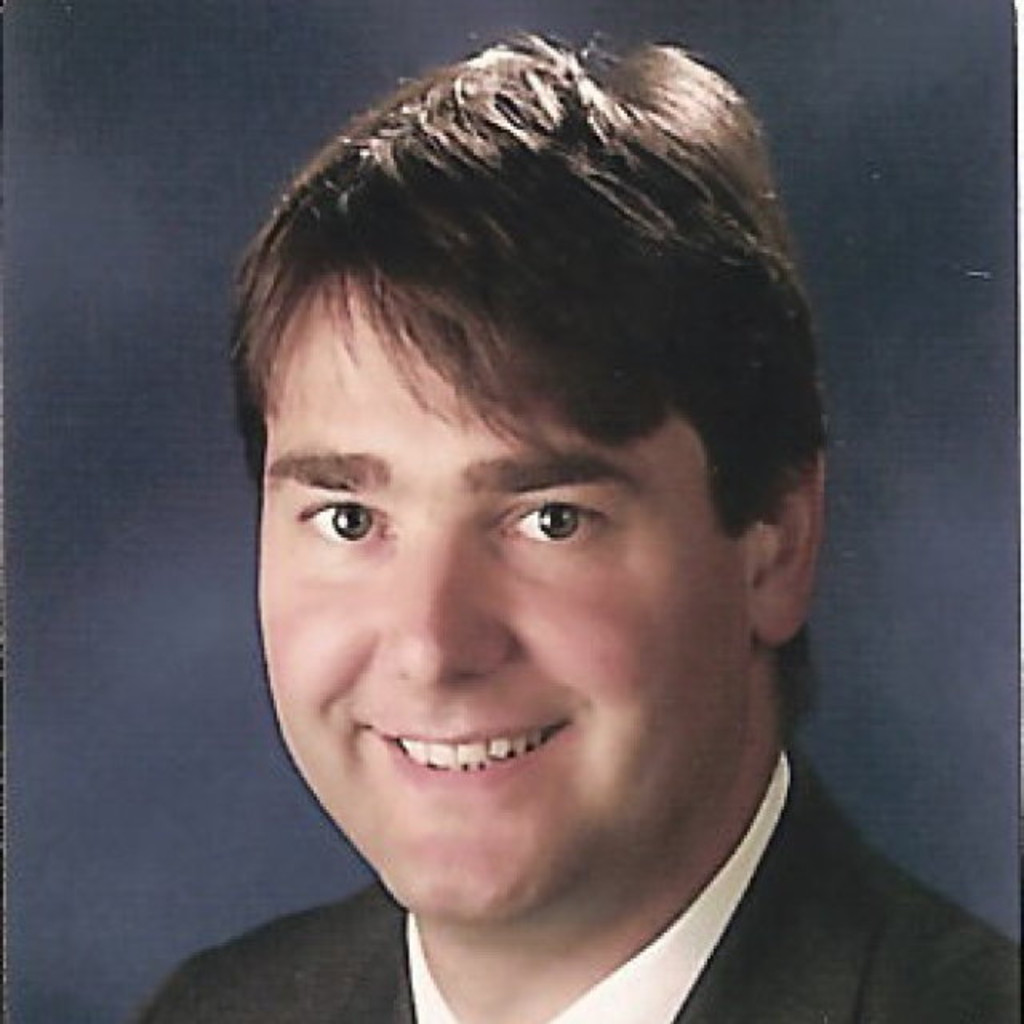

After about three years, he returned to the monastery and stayed there until he was around 24 years old. However, he was forced to leave the monastery after it ran short of funds.įor the next few years, Zhu led the life of a wandering beggar and personally experienced the hardships of the common people. ĭestitute after his family's death, Zhu accepted a suggestion to take up a pledge made by his brother and became a novice monk at the Huangjue Temple, a local Buddhist monastery. His grandfather, who lived to be 99 years old, had served in the Southern Song army and navy, which had fought against the Mongol invasion, and told his grandson tales of it. He then buried them by wrapping them in white cloth. When he was 16, severe drought ruined the harvest where his family lived and famine subsequently killed everyone in his family except for him and one of his brothers. He had seven older siblings, several of whom were "given away" by his parents, as they always had enough food to support the family. His father's name was Zhu Shizhen (朱世珍, original name Zhu Wusi 朱五四) and his mother was Chen Erniang. Zhu was born to a family of impoverished peasant tenant farmers in Zhongli County in the Huai River plain, which is in present-day Fengyang, Anhui Province.
ZANS AUTOPURGE MANAGER FREE
At the same time, he banned free movement in the empire and assigned hereditary occupational categories to households. He also confiscated land held by large estates and forbade private slavery.

The emperor encouraged agriculture, reduced taxes, incentivized the cultivation of new land, and established laws protecting peasants' property. Various cruel methods of execution were introduced for punishable crimes and for those who directly criticized the emperor, and massacres were also carried out against everyone who resisted his rule. The reign of Hongwu also witnessed much cruelty.
ZANS AUTOPURGE MANAGER SERIES
In the 1380s and 1390s a series of purges were launched to eliminate his high-ranked officials and generals tens of thousands were executed. He also established the Embroidered Uniform Guard, one of the best known secret police organizations in imperial China. The emperor abolished the position of chancellor, drastically reduced the role of court eunuchs, and adopted draconian measures to address corruption. The reign of the Hongwu Emperor is notable for his unprecedented political reforms. Wang Daiyu also recorded that the emperor wrote 100 characters praising Islam, Baizi zan. The era of Hongwu was noted for its tolerance of minorities and religions Ma Zhou, the Chinese historian, indicates that the Hongwu ordered the renovation and construction of many mosques in Xi’an and Nanjing. This ended in failure when the Jianwen Emperor's attempts to unseat his uncles led to the Jingnan Rebellion. Having outlived his eldest son Zhu Biao, Zhu enthroned Zhu Biao's son via a series of instructions. Trusting only his family, he made his many sons feudal princes along the northern marches and the Yangtze valley. Zhu claimed the Mandate of Heaven and established the Ming dynasty at the beginning of 1368 and occupied the Yuan capital, Khanbaliq (present-day Beijing), with his army that same year. Īs famine, plagues and peasant revolts increased across China proper in the 14th century, Zhu Yuanzhang rose to command the forces that conquered China proper, ending the Mongol-led Yuan dynasty and forcing the remnant Yuan court (known as Northern Yuan in historiography) to retreat to the Mongolian Plateau. The Hongwu Emperor (洪武帝)(21 October 1328 – 24 June 1398), personal name Zhu Yuanzhang ( Chinese: 朱元璋 Wade–Giles: Chu Yuan-chang), courtesy name Guorui ( simplified Chinese: 国瑞 traditional Chinese: 國瑞), was the founding emperor of the Ming dynasty, reigning from 1368 to 1398.



 0 kommentar(er)
0 kommentar(er)
